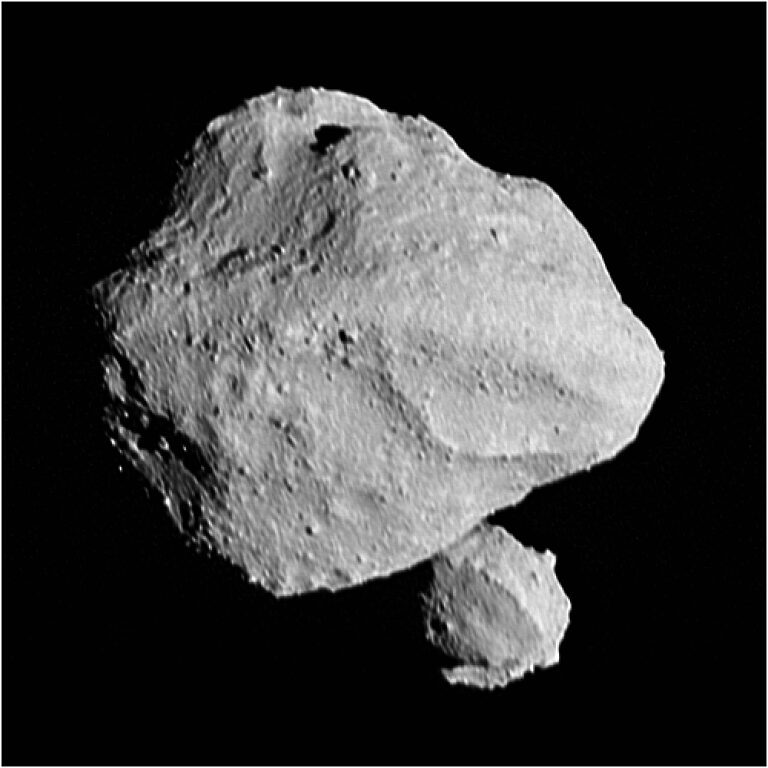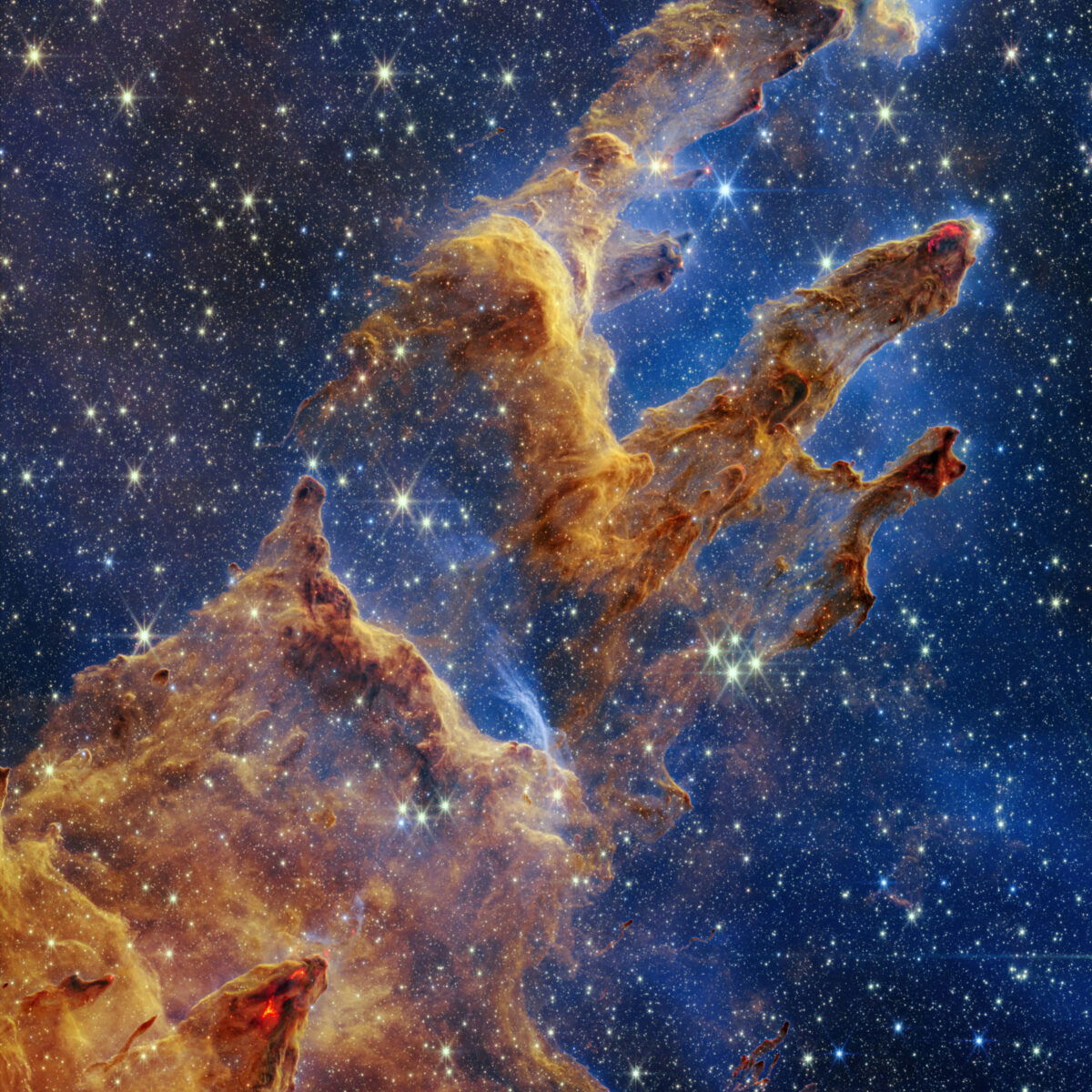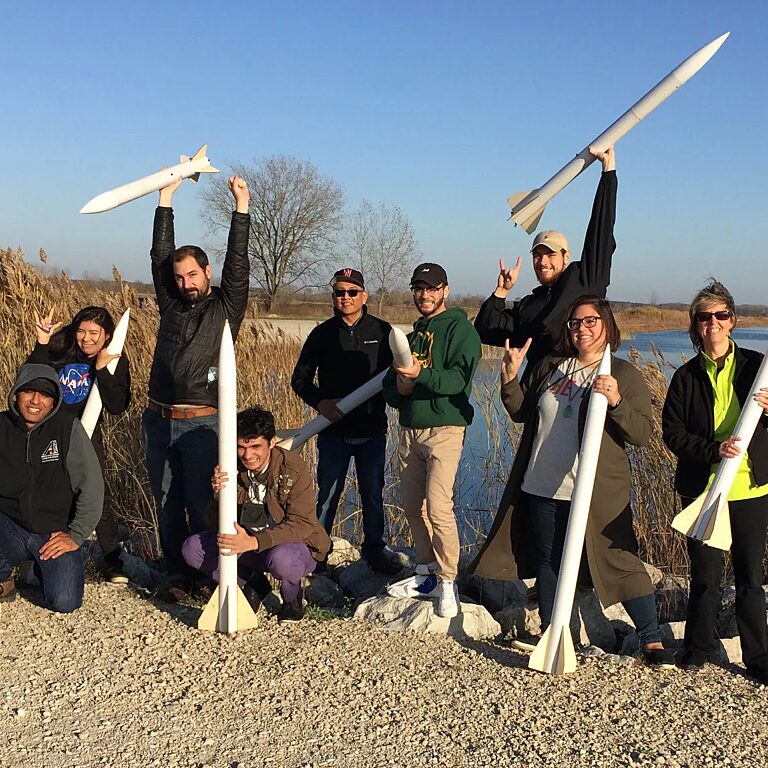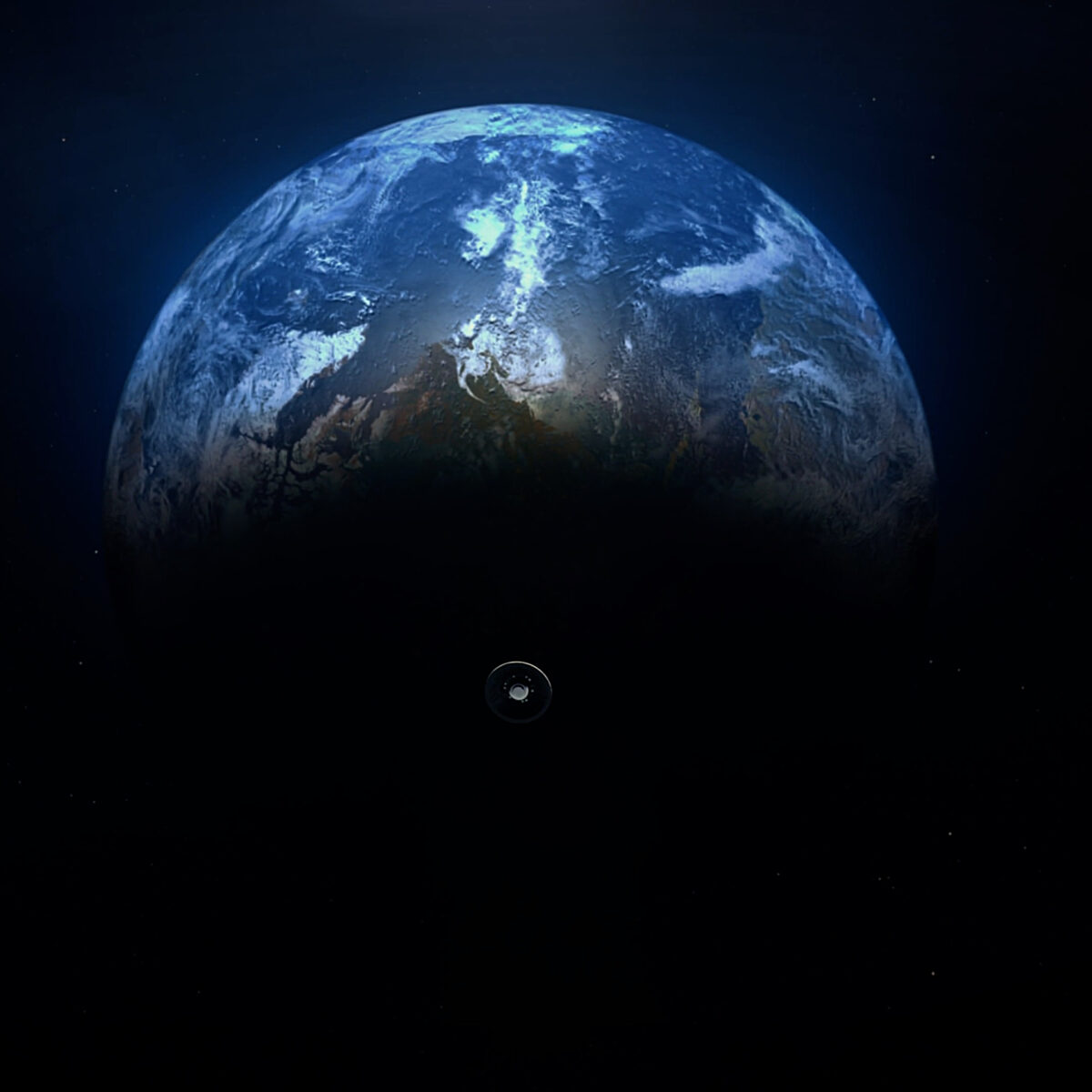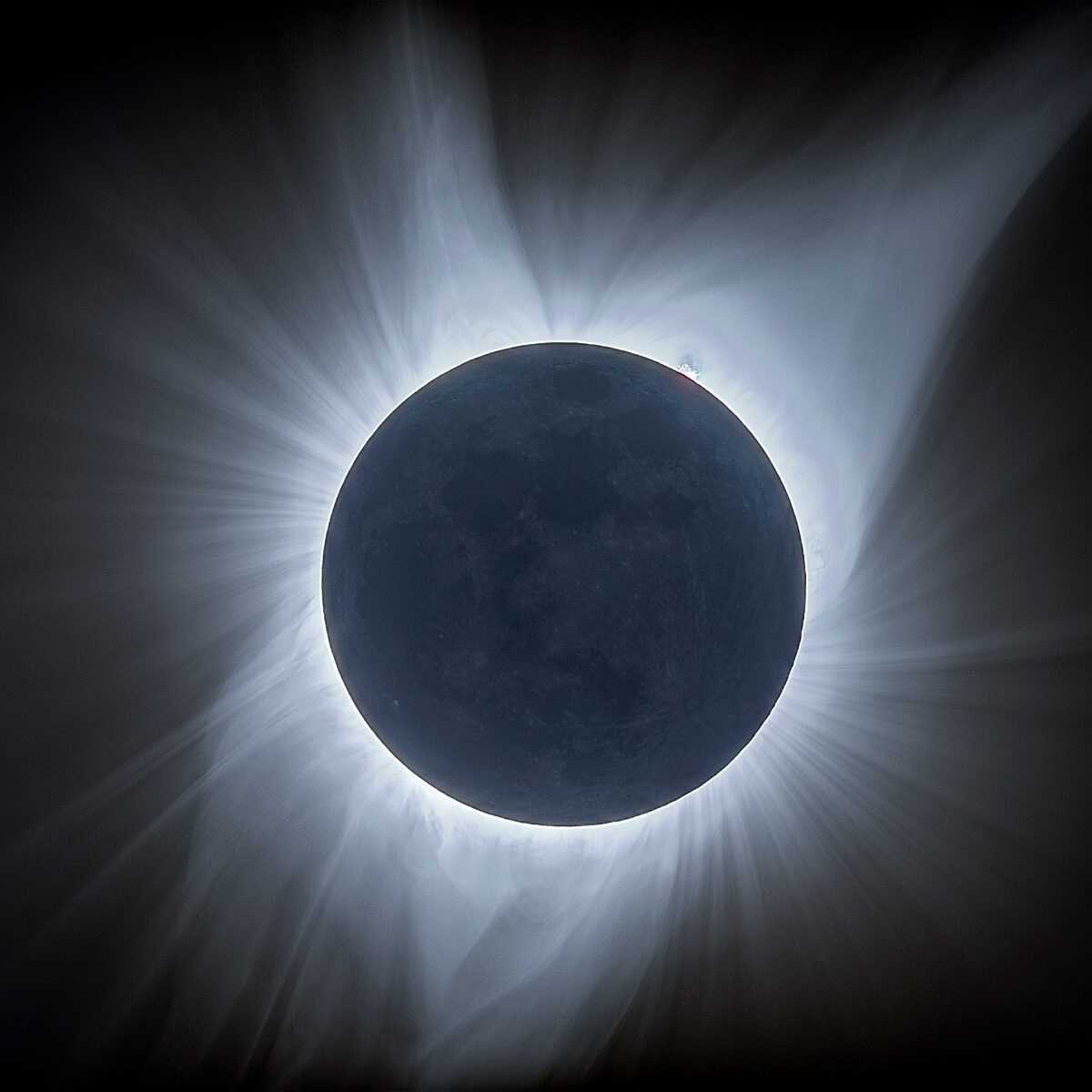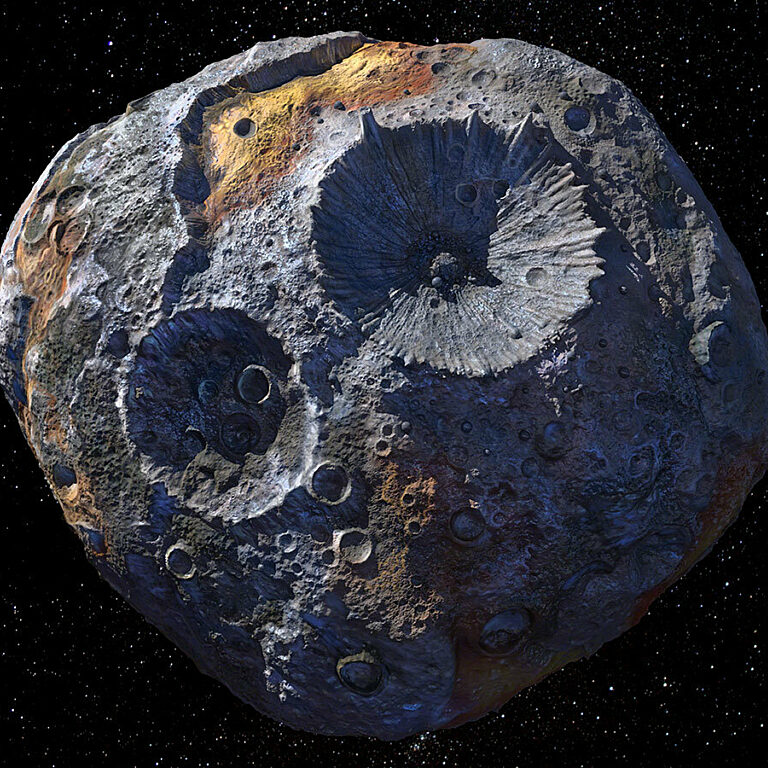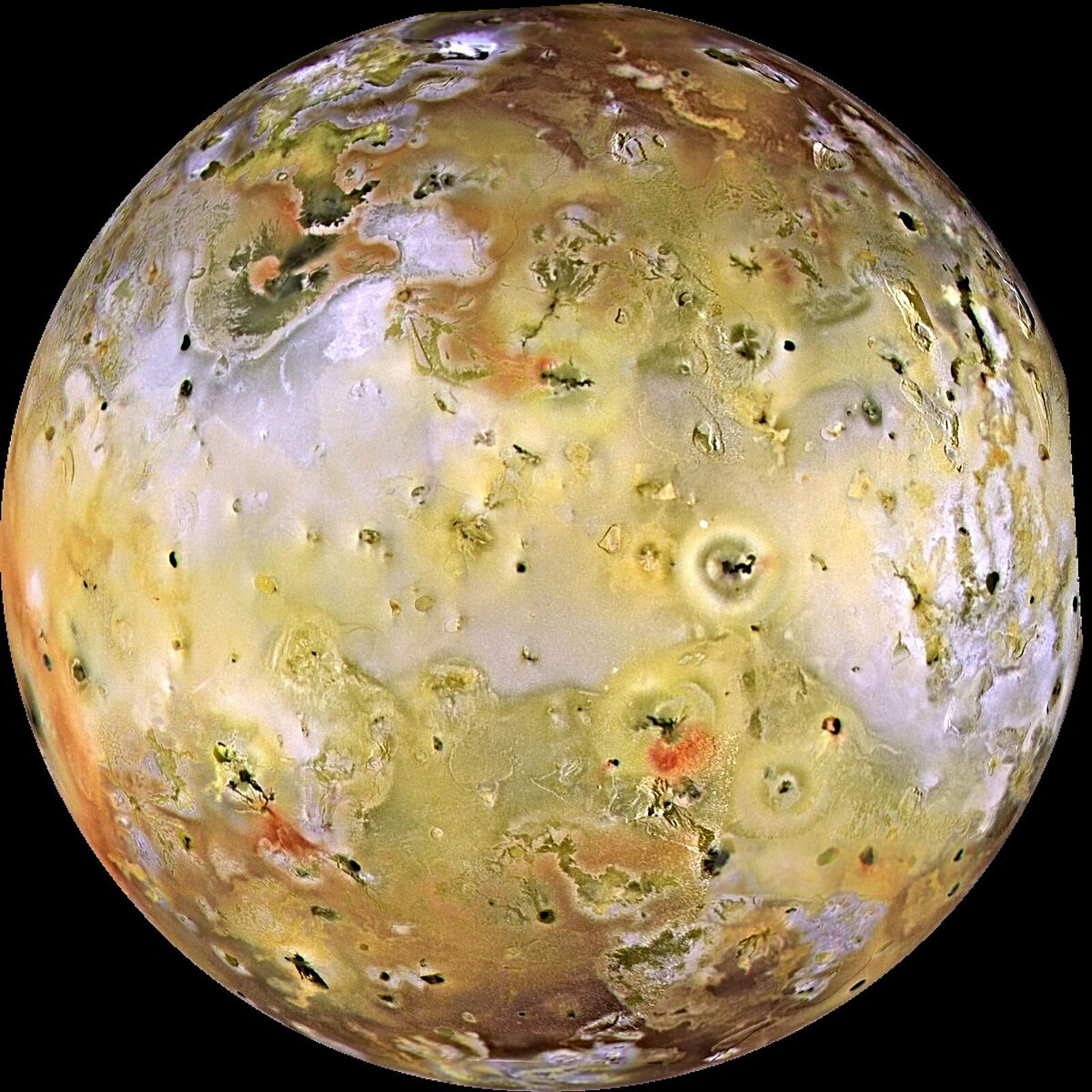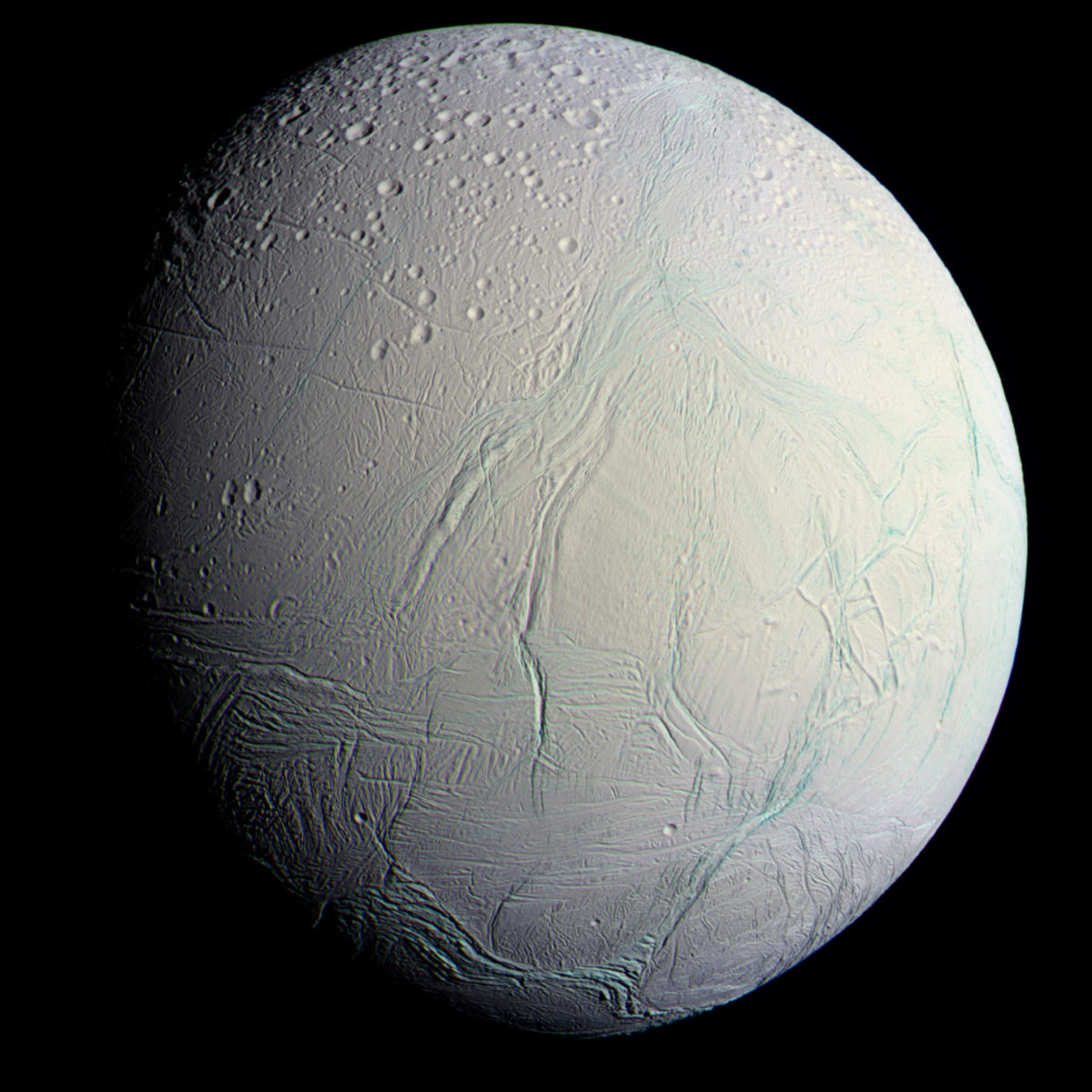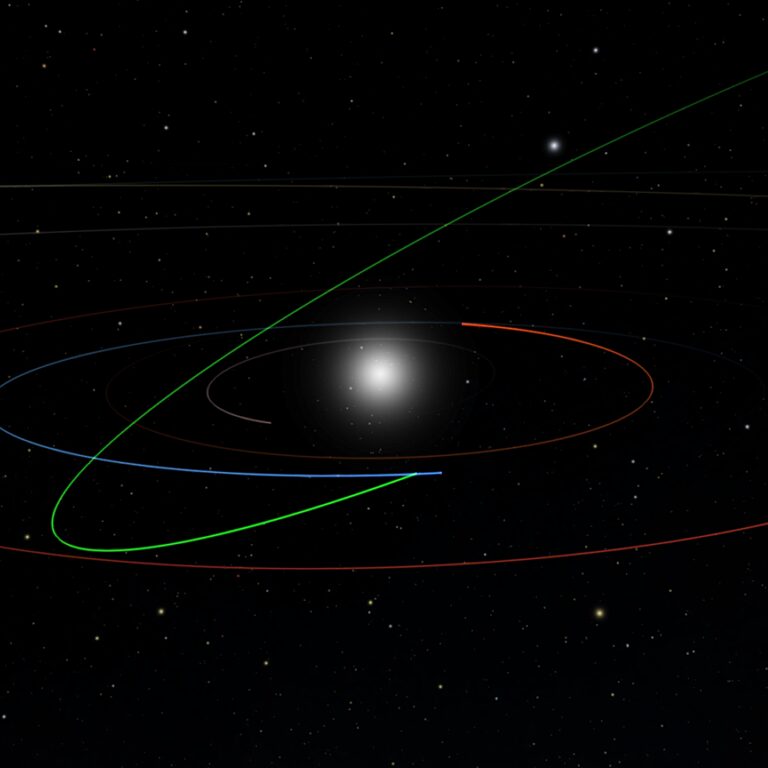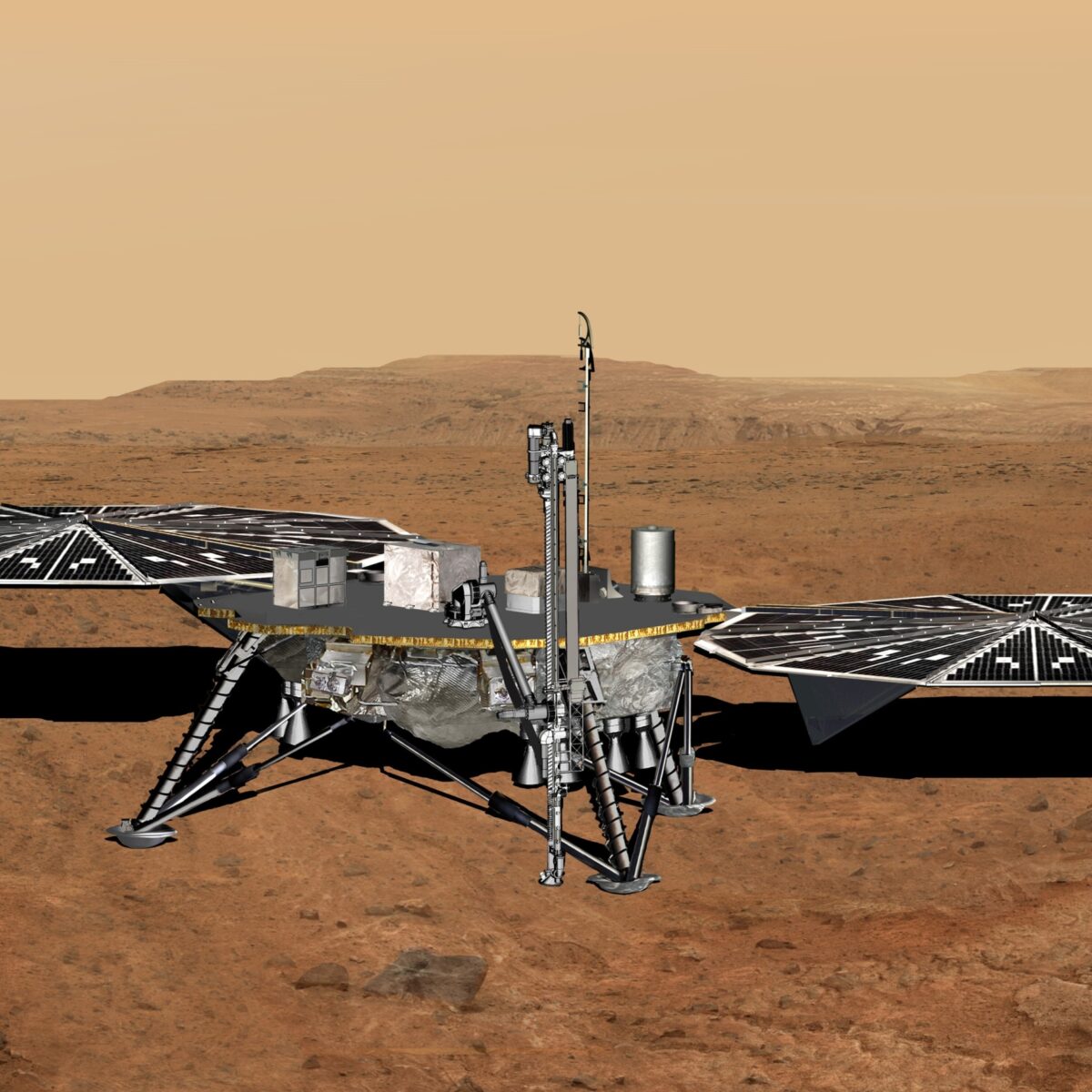Since 2002, Planetary Radio has visited with a scientist, engineer, project manager, advocate, or writer who provides a unique perspective on the quest for knowledge about our Solar System and beyond. The full show archive is available for free.
Search Planetary Radio
Benjamin Fernando, a postdoctoral fellow from the University of Oxford, joins Planetary Radio this week to discuss the largest marsquake ever recorded and the international effort it took to pinpoint.
Though the Space Shuttle program lasted 30 years and built the ISS, it fell short of NASA's goals for cost, reusability, and reliability. Can a program be both a worldly success and a policy failure? In this Space Policy Edition, we dissect a classic space policy paper and debate its relevance today.
Hal Levison and Simone Marchi, the principal and deputy principal investigators for NASA’s Lucy mission, join Planetary Radio to discuss the spacecraft’s first asteroid flyby.
Nathaniel Kahn, an Oscar-nominated filmmaker and the director of Deep Sky, joins Planetary Radio this week to discuss the film's decade-long creation process and the magic of JWST images on the big screen.
Steven Smith, an Education Specialist from NASA's Science, Technology, Engineering, and Mathematics (or STEM) Program, joins Planetary Radio to share some of the unique opportunities available for students in the lead-up to humanity's return to the Moon.
Kelly and Zach Weinersmith join Planetary Radio this week to discuss their new book, A City on Mars: Can We Settle Space, Should We Settle Space, and Have We Really Thought This Through?
NASA's Mars Sample Return mission is both a top priority and seriously troubled. Independent review board chair Orlando Figueroa joins us to talk about the challenges and what must be done.
Jesse Tomlinson and Stephen Watkins from The Eclipse Company join Planetary Radio to talk about their partnership with The Planetary Society and the launch of their new eclipse map for the upcoming 2024 total solar eclipse in North America.
Simone Marchi, co-investigator for NASA’s Psyche mission, joins Planetary Radio to share the creative ways their mission team is working to understand cratering on metallic worlds.
The InSight RISE instrument's principal investigator, Sebastien Le Maistre, from the Royal Observatory of Belgium, joins Planetary Radio to discuss Mars' increased rotation speed.
We celebrate NASA’s OSIRIS-REx mission’s successful return of samples from asteroid Bennu to Earth on this week’s episode of Planetary Radio.
Join Planetary Radio host Sarah Al-Ahmed on a trip to the 2023 NASA Innovative Advanced Concepts (NIAC) Symposium in Houston, Texas. This episode is part two of two.
Join Planetary Radio host Sarah Al-Ahmed on a trip to the 2023 NASA Innovative Advanced Concepts (NIAC) Symposium in Houston, Texas. This episode is part one of two.
Louis Friedman, one of the three co-founders of The Planetary Society, joins Planetary Radio to discuss his new book, Alone but Not Lonely: Exploring for Extraterrestrial Life.
Voyager project manager Suzanne Dodd and Voyager project scientist Linda Spilker discuss reestablishing contact with Voyager 2 and Carver Bierson from Arizona State University tells the tale of how Io went from a water-rich moon into a world with lakes of lava.
Lujendra Ojha, assistant professor at Rutgers University, joins Planetary Radio to discuss how subsurface liquid water on exoplanets orbiting red dwarf stars could increase the likelihood of finding habitable worlds beyond our Solar System.
Mario Jurić and Ari Heinze from the University of Washington join Planetary Radio to discuss their team’s next-generation asteroid discovery algorithm, HelioLinc3D.
Kevin Trinh from Arizona State University joins Planetary Radio to discuss his research into Europa's formation history and the consequences for the moon's habitability.
Giulia Perotti and Thomas Henning from the Max Planck Institute for Astronomy join Planetary Radio to discuss their team's detection of water vapor in the inner region of a protoplanetary disc that is already forming worlds.
Amy Williams, assistant professor of geology at the University of Florida, joins Planetary Radio to discuss the proposed Mars Life Explorer mission and the search for extant life on Mars.


 Explore Worlds
Explore Worlds Find Life
Find Life Defend Earth
Defend Earth




